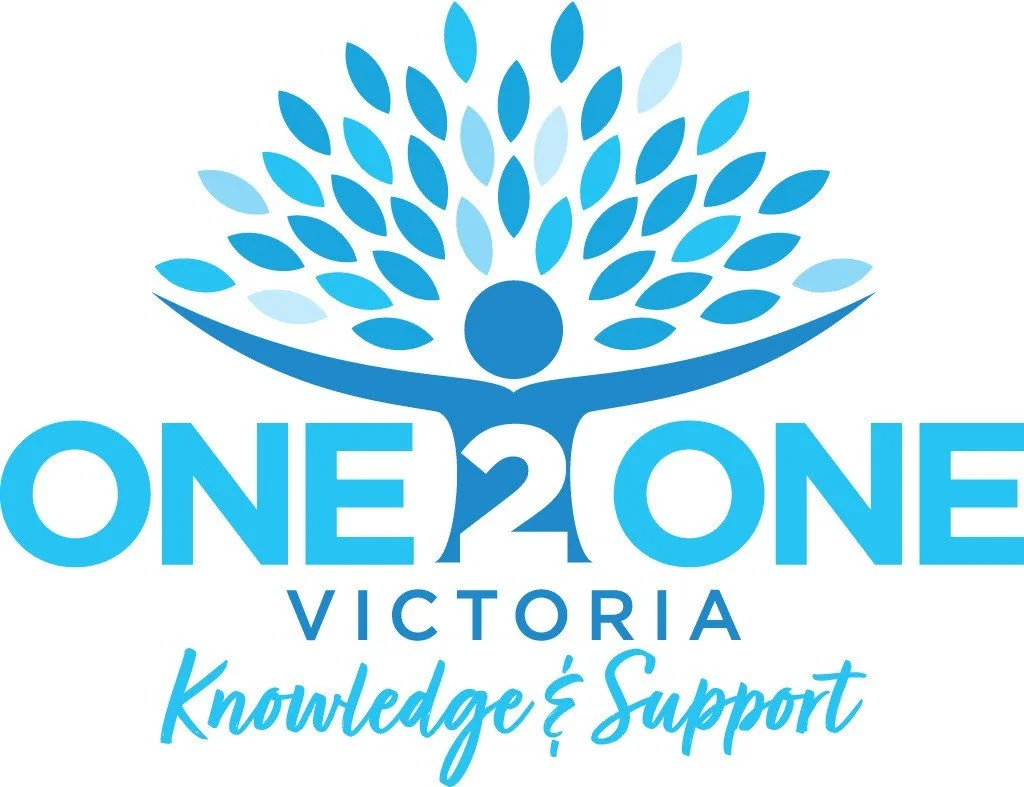Why is Mentoring Important?
Mentoring is important in the development and application of knowledge because it bridges the gap between theory and real-world practice. Here’s why:
Knowledge Transfer: Mentoring allows experienced professionals to share their knowledge, skills, and insights. This helps mentees learn from real-life examples, not just textbooks.
Contextual Learning: Mentors help mentees understand how to apply theoretical knowledge in different practical settings. This makes learning more relevant and tailored to real-world challenges.
Confidence Building: Through guidance and feedback, mentors support mentees in developing confidence in their skills, encouraging them to take initiative and make informed decisions.
Professional Growth: Mentoring promotes critical thinking, reflective practice, and continuous learning—key to professional development and high-quality service delivery.
Supportive Environment: A mentor provides encouragement and emotional support, helping mentees navigate complex situations and learn from mistakes in a safe, supportive way.
In short, mentoring strengthens the link between knowledge and practice, supporting skill development, improving outcomes, and fostering professional growth.

